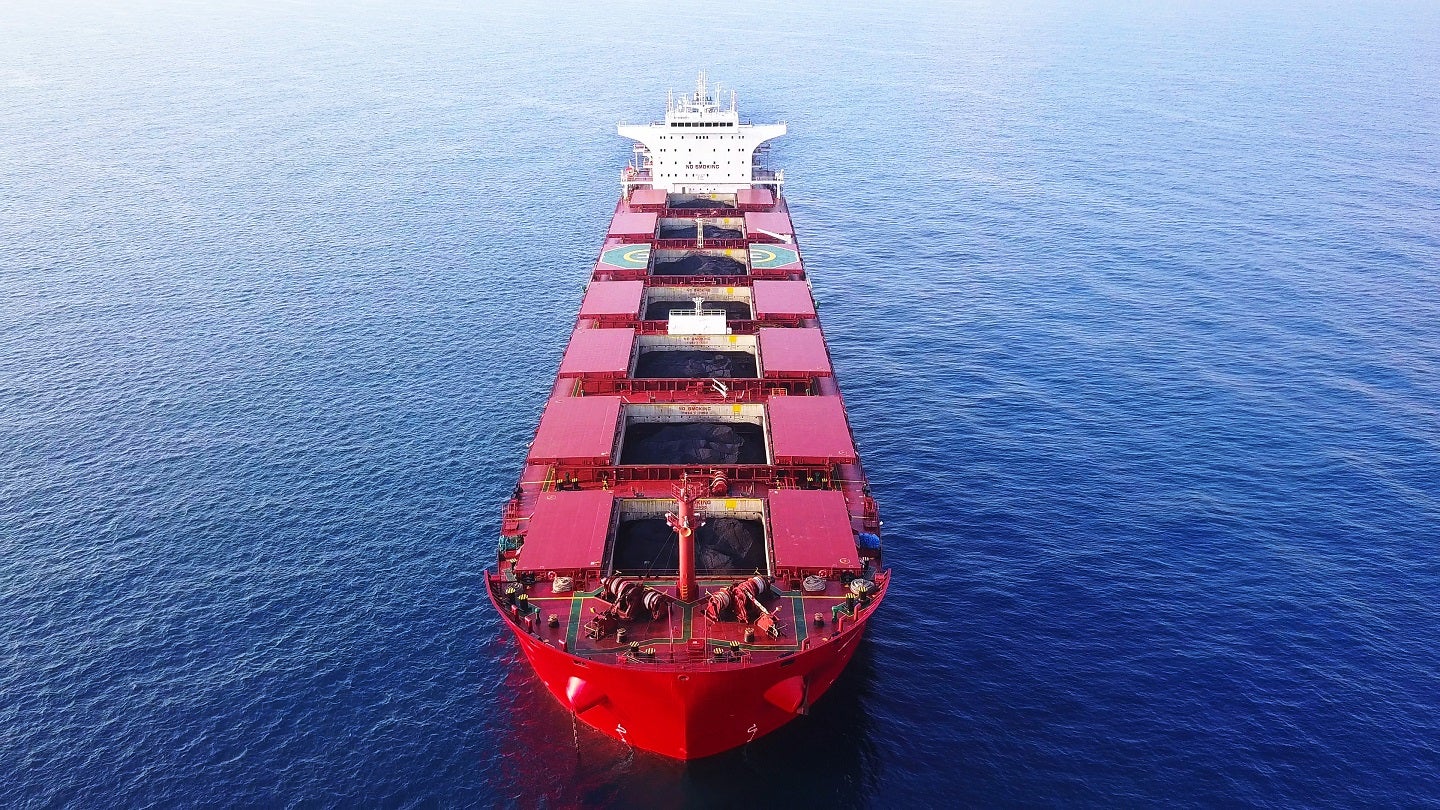
Oil trade between China and Iran has hit a roadblock as Tehran ceased shipments, seeking higher prices from its primary customer, reported Reuters, citing sources.
Iranian oil, accounting for approximately 10% of China’s crude imports, saw a peak in transactions in October 2023.
However, the recent halt in shipments from Iran could bolster global oil prices and strain the profitability of Chinese refiners.
The situation, described by an industry executive as a “default,” may also be an unintended consequence of the US granting a sanctions waiver for Venezuelan oil in October.
The waiver is said to have redirected Venezuelan shipments to the US and India, thereby inflating costs for China as Beijing’s supply consequently diminished.
Iran’s National Oil Company, China’s commerce ministry and the US Treasury Department did not respond to Reuters‘ requests for comments.
How well do you really know your competitors?
Access the most comprehensive Company Profiles on the market, powered by GlobalData. Save hours of research. Gain competitive edge.

Thank you!
Your download email will arrive shortly
Not ready to buy yet? Download a free sample
We are confident about the unique quality of our Company Profiles. However, we want you to make the most beneficial decision for your business, so we offer a free sample that you can download by submitting the below form
By GlobalDataIn early discussions last month, Iranian sellers informed Chinese purchasers that they would reduce the discounts for December and January deliveries of Iranian Light crude to between $5 and $6 per barrel below the dated Brent price.
This is a significant change from the approximately $10 per barrel discounts agreed upon in November, according to the sources.
“This is considered as an extensive default and the order to hike prices apparently came from the headquarters in Tehran, as they are holding back supplies also to the intermediaries,” a China-based trading executive was quoted by the publication as saying.
Additionally, an executive from a Chinese company that directly procures from Iran mentioned that the OPEC producer was “holding back some shipments,” leading to a “stalemate” between the Chinese and Iranians.
China has benefitted financially by purchasing oil at substantial discounts from sanctioned nations such as Iran, Venezuela, and more recently Russia, which collectively account for nearly 30% of China’s crude imports.
The extent of Iran’s supply reductions to China remains unclear. As per the report, the discounts may continue to shrink.
Since late 2019, China’s smaller independent refiners, known as “teapots,” have emerged as the primary customers of Iranian oil.
These teapots have taken over from state-run refiners, which ceased transactions with Iran to avoid potential violations of US sanctions.







